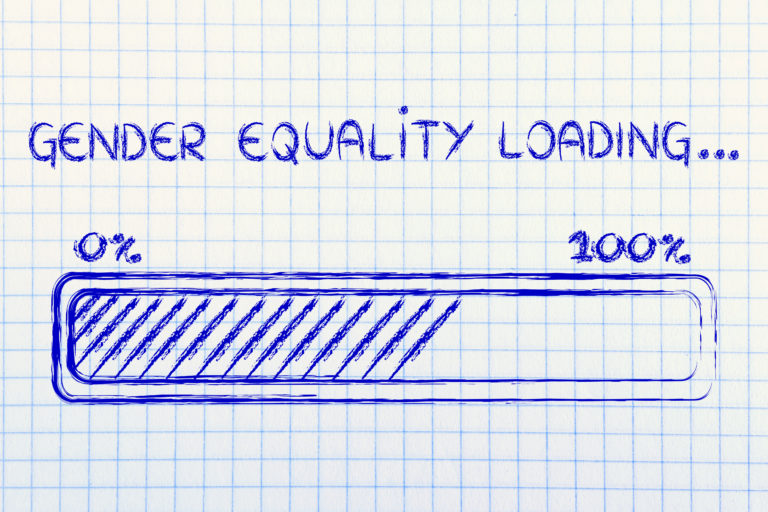Sustainability and advancement of mentoring-programmes in the context of structural change
Eument-net second international workshop hosted at the LMU Center for Advanced Studies
8. – 9. Oktober 2012
https://www.frauenbeauftragte.uni-muenchen.de/mentoring/termine/veranstaltungen_mentoring/eument-net-kongress-2012/index.html
University structures are changing throughout Europe. Staff development and organizational change could possibly foster the equal participation of women in all hierarchical positions. Which contribution can mentoring-programmes make here and which forms of cooperation with other protagonists have to be installed or deepened?
The eument-net workshop provides a unique opportunity for coordinators of mentoring programmes and specialists in staff development to discuss and share their experience in order to enhance their programmes’ or institutions’ range of services and programmes.
- Workshop Method and Workshop Programme [more…]
- take-home-messages [more…]
- Dr. Ada Pellert, Berlin University for Professional Studies: Human resource management and organisastion change in higher education [more…]
- Ulle Jäger, University of Basel: Potentials of mentoring programmes for structural change [more…]
- Helene Füger / Muriel Besson: HR development through cooperation between mentoring programs and other actors. Experience at the University of Fribourg with the «BuLa Network» [more…]
- Manuela Kaiser-Belz: Dorothea Schlözer Mentoring Program Advancing Womens‘ Careers in Science [more…]
- Magdalena Fremdling: BayernMentoring: Success factors at the University of Applied Sciences, Neu-Ulm German Federal State of Bavaria [more…]
- Bahar Haghanipour: Human resource development through cooperation between mentoring programmes and other actors / measures in the field of promotion for young academics [more…]
- Maja Heidenreich: Cross-Cultural Mentoring at the University of Stuttgart [more…]
- Uta Henßge: The role of the MentorinnenNetzwerk in the professional development of mentors [more…]
- Ruth Kamm: Human Resource Development through cooperation between mentoring programmes and other actors/ measures in the field of promotion for young academics [more…]
- Sigried Lievens: Mentoring for young researchers at Ghent University [more…]
- Manuela Sauer: Women become more visible. Results of the mentors survey [more…]
- Silke Weisweiler, Claudia Peus & Dieter Frey: Evaluation of a mentoring program for female scientists [more…]

